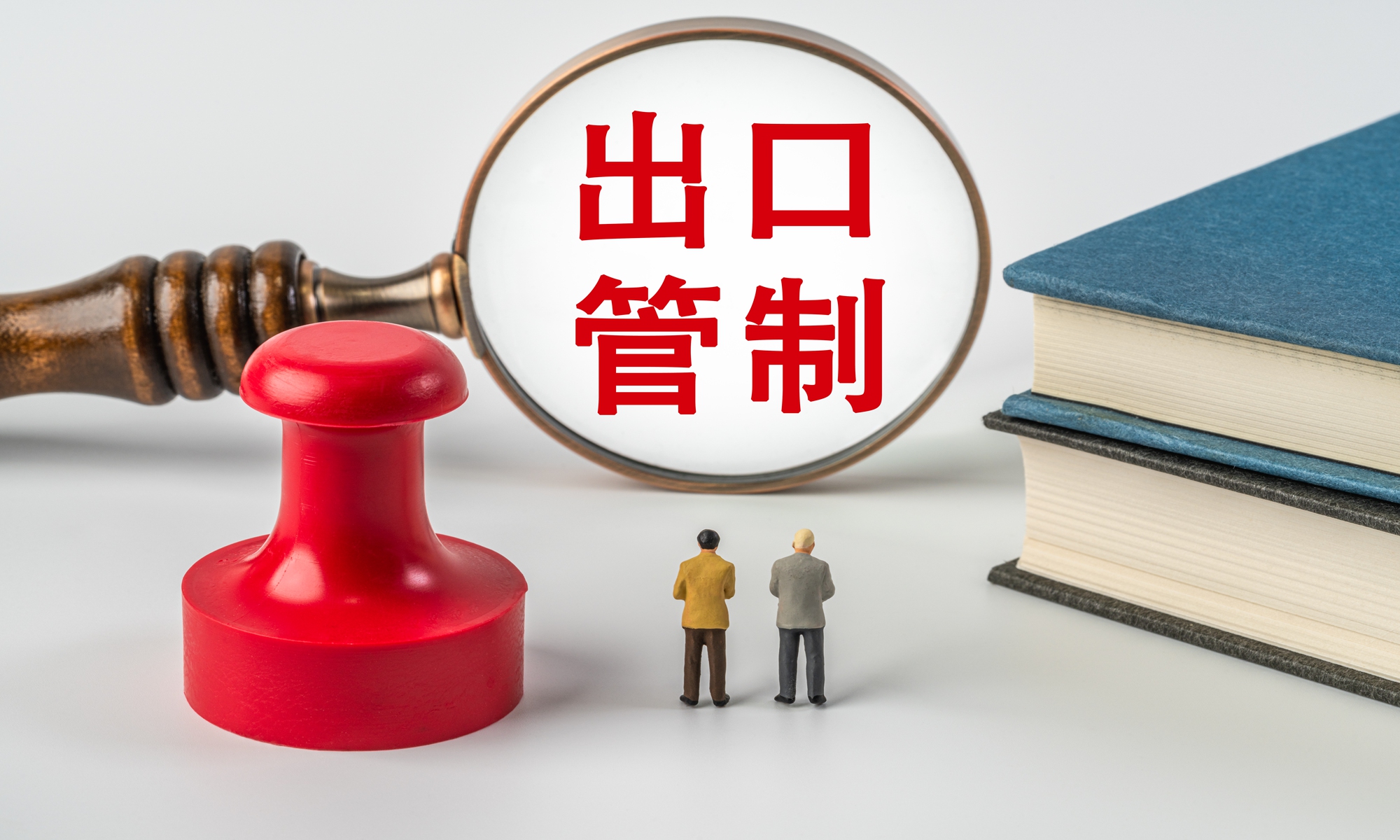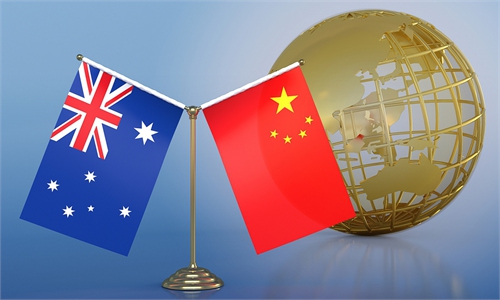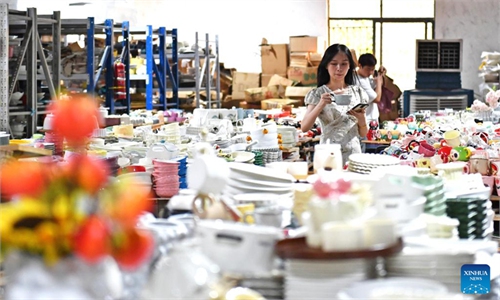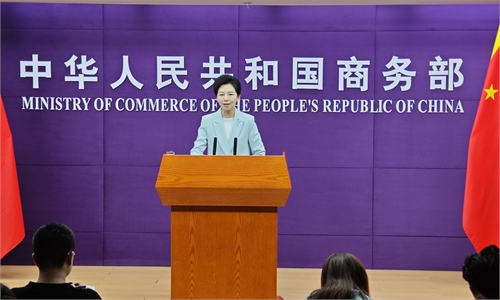China issues list for export control of dual-use items, showing prudent approach: MOFCOM

File Photo: VCG
China's Ministry of Commerce (MOFCOM), along with the Ministry of Industry and Information Technology, the General Administration of Customs, and the State Cryptography Administration, issued a list on Friday for export control of dual-use items, which will take effect on December 1, MOFCOM said.
The list will be implemented along with a regulation taking effect on the same day.
China has always adhered to the principles of rationality, prudence, and moderation in the control of dual-use items, a MOFCOM spokesperson said, noting that there are only around 700 items on the list, far fewer than those from other major countries and regions.
Dual-use items mean goods, technologies, and services that may be used either for civil purposes or for military purposes or to contribute to an increase in military potential, especially to design, develop, produce, or use weapons of mass destruction and their means of delivery.
The list was formed by drawing on international mature experiences and practices and systematically integrating the controlled items under 10 major industry sectors and five categories. It will take over from legal documents in the nuclear, biological, chemical, and missile fields that are about to expire. There are currently no adjustments to the existing specific scope of control.
The list will help guide all stakeholders to fully and accurately implement China's dual-use items export control laws and regulations, and improve governance efficiency in the area, the spokesperson said.
It will also help to maintain China's national security and interests, fulfill non-proliferation and other international obligations, and better safeguard the security, stability, and smooth flow of the global industrial and supply chains, the spokesperson noted.
In the future, China will comprehensively consider factors such as industry, technology, trade, and security to advance the control and adjustment of listed items in a legal, prudent and orderly fashion, according to the spokesperson. Such moves will be based on the need for safeguarding national security and interests and fulfilling international obligations and extensive investigations and assessments.
"China has the world's largest manufacturing system with the most complete industrial chain. It is essential for China to regulate dual-use items," Mei Xinyu, a research fellow at the Chinese Academy of International Trade and Economic Cooperation, told the Global Times on Friday.
The use of a checklist system can help China to continuously improve and refine the management of dual-use items, thereby enhancing management efficiency, Mei said.
The fact that China has fewer restricted items than other major countries shows that while advancing its export control system, China is also dedicated to maintaining the integrity of international trade, which sets it apart from the practices of some other major countries, Mei said.
"We hope that our trade partners understand that China's approach aligns with the principles of free trade and contributes to global peace and stability," Mei said.
On October 19, in what experts said is a major measure to improve the country's foreign-related legal system, China unveiled the latest regulations on export control of dual-use items, consisting of six chapters and 50 articles. The new regulation will take effect on December 1, 2024.




